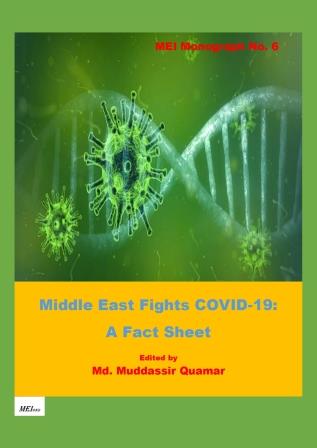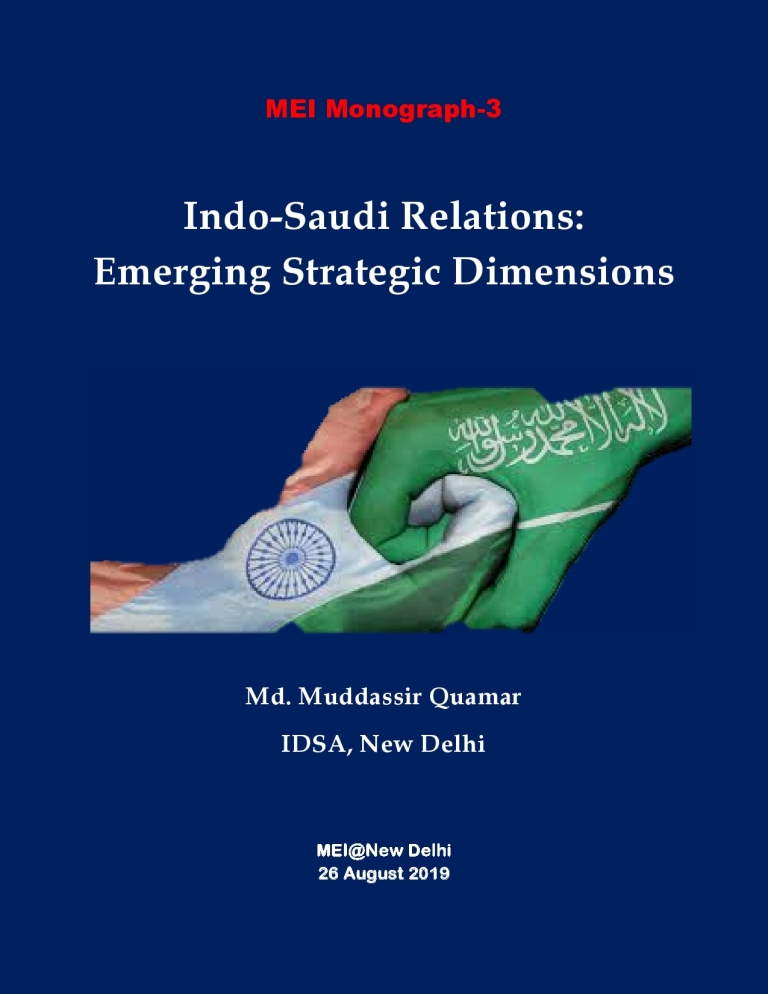Breaking
- MENU
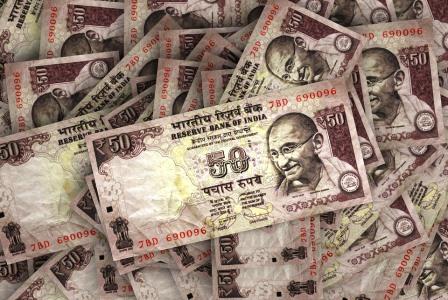
The West Asia is one of the most volatile and conflict-ridden regions in the world today. Given the significance of the region as centre for the global energy production and supplies, it has emerged as a major global concern. There are numerous factors for the conflicts and turmoil prevailing in the region, including internal ethnic and sectarian division, geopolitical competitions among regional powers and interventions by external powers namely the US, Russia and China.
The regional turmoil has unarguably intensified over the last decade in the wake of Arab Spring; the tide of unrest engulfed the whole region since 2010-11. The recent protests in Iraq, Lebanon, Sudan and Algeria underline the continued problems facing the region, and raised the questions whether the region is heading towards Arab Spring 2.0?
For India, the region is significant for a variety of reasons but most importantly for its economic growth and security. As far as the economic linkage between India and the region is concerned, it largely revolves around the Persian Gulf. First, the Gulf region is significant for India’s energy security needs as it imports nearly 60 per cent of its energy needs from the region. Secondly, India has strong non-oil trade and business links with the regional countries, especially the UAE, Saudi Arabia and Iran.
Thirdly, over nine million Indians reside and earn livelihood in the Gulf Cooperation Council (GCC) states, and they contribute nearly 50 per cent of the annual remittances coming to India. Fourthly, the region is crucial to India’s maritime trade route with the West. Finally, the wealthy oil-Gulf countries are an attractive source for the much-needed investments in India while the dynamic GCC market is an equally attractive destination for Indian businesses and entrepreneurs to widen their horizons.
From the security perspective, the region plays a crucial role in prevention and combating of organised crimes, drug trade, coastal security, illegal financial transactions, terrorism and terror funding. It is important for India’s maritime security and for countering radicalism. This is precisely the reason that India in the past five years has significantly increased its security engagement with the Gulf countries.
Moreover, there is growing defence partnership with the region and it is in India’s interest that the security and stability of the region is ensured. While India does not follow a policy of military interventions in its foreign policy, it has been gradually developing defence ties with the GCC countries towards capacity building, training and exploring the possibilities of joint manufacturing of defence equipment.
In the light of these, Manohar Parrikar Institute for Defence Studies and Analyses (MPIDSA) organised 4th West Asia Conference on the theme “Ten Years of Political and Economic Transformation in West Asia: Challenges, Lessons and Future Trends” on February 26-27, 2020. The conference witnessed the participation of over 25 experts, academics, practitioners and diplomats from across West Asia as well as India.
Some of the important names who participated in the conference include Fouad Siniora, former Prime Minister of Lebanon; Nabil Fahmy, former Minister of Foreign Affairs of Egypt and Professor Delawer Ala’ Aldeen, President of Erbil-based Middle East Research Institute (MERI).
Minister of State for Road, Transport and Highways, Government of India, General Vijay Kumar Singh, PVSM, AVSM, YSM (Retd.) gave the keynote address highlighting the upheavals the region has faced in the last decade. He underlined the importance India attaches to the region and how the regional turmoil might affect not only the regional security but also have negatives impacts on India and the world.
Director General, Manohar Parrikar IDSA, Ambassador Sujan R. Chinoy, in his welcome remarks underlined that the region is undergoing profound transformation, whose contours and shape are yet to become clear and that for India this is a major foreign policy concern. He further highlighted that “India has deepened strategic engagements with several countries of the region, anchored in robust security, trade and investment partnerships.”
Over the two-day deliberations, various participants from West Asian countries argued that the turmoil facing the region over the last decade has its roots in the history of divisions, violence and a lack of democratic ethos in the region. They argued that the people and the leaders of the regional countries have failed to evolve a democratic and inclusive political system and have not focused on finding solutions to the problems and challenges of poverty, unemployment and lack of economic progress facing the region.
Instead they continued to blame the external actors, who undoubtedly have used the regional turmoil to advance their interests, for all the ills afflicting the region. The scholars and experts underlined that the time has come for the people and leaders in the region to focus inward and find solutions for their problems from within.
The themes discussed over the two days of discussions included an overview of the regional turmoil, the role of regional and external actors, the changing nature of the Conflict in the Gulf, the importance of energy security and economic development and India’s growing engagement with the region.
The conference concluded with a round table to discuss prognosis for the future where the speakers suggested the need for evolving collective mechanisms for ensuring security and promoting economic development, without which they argued that all efforts in the direction of peace and stability will remain futile.
Note: This article was originally published in Raksha Anirveda on 5 March 2019 and has been reproduced with the permission of the author. Web Link
As part of its editorial policy, the MEI@ND standardizes spelling and date formats to make the text uniformly accessible and stylistically consistent. The views expressed here are those of the author and do not necessarily reflect the views/positions of the MEI@ND. Editor, MEI@ND: P R Kumaraswamy
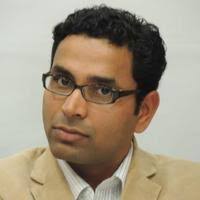
Md. Muddassir Quamar is an Associate Fellow in Manohar Parrikar Institute for Defence Studies and Analyses, New Delhi. He holds a Ph.D. in Middle East studies from Jawaharlal Nehru University and his doctoral thesis focused on social dynamics in Saudi Arabia in the context of the tensions between two seemingly non-harmonious trends; Islamization and modernization. He has a broader interest in Gulf societies, political Islam, Middle East geopolitics and India’s relations with the Middle East. He has co-authored two books India’s Saudi Policy: Bridge to the Gulf (Palgrave Macmillan, 2019) and Persian Gulf 2019: India’s Relations with the Region (Palgrave Macmillan, 2020). He is currently working on a manuscript on education reforms in Saudi Arabia. He has co-edited four anthologies, including Changing Security Paradigm in West Asia: Regional and International Responses (Knowledge World, 2020), Political Violence in MENA (Knowledge World, 2020), Islamic Movements in the Middle East: Ideologies, Practices and Political Participation (Knowledge World, 2019) and Contemporary Persian Gulf: Essays in Honour of Gulshan Dietl, Girijesh Pant and Prakash C. Jain (Knowledge World, 2015). His research papers have appeared in leading international journals such as Asian Affairs, Strategic Analysis, India Quarterly, Contemporary Arab Affairs, Digest of Middle East Studies, Journal of Arabian Studies and Journal of South Asian and Middle Eastern Studies. As part of his project in MP-IDSA, Dr. Quamar authored a monograph on Erdogan’s Turkey: Politics, Populism and Democratisation Dilemmas. Since 2018, he has served as the Book Review Editor for Strategic Analysis, the flagship journal of MP-IDSA published in association with Taylor & Francis. In May 2020, he edited an MEI Monograph Middle East Fights Covid-19: A Fact Sheet with contributions from students pursuing Masters in IR in JNU. He regularly contributes Op-Ed articles on developments in the Persian Gulf, Middle East and India’s relations with the region for Indian and international forums. In 2014-15, he was a Visiting Fellow at the King Faisal Center for Research and Islamic Studies, Riyadh. Dr. Quamar has been associated with the Middle East Institute, New Delhi, in various capacities since its foundation and serves as Associate Editor of its flagship journal, the Contemporary Review of the Middle East published by Sage, India.
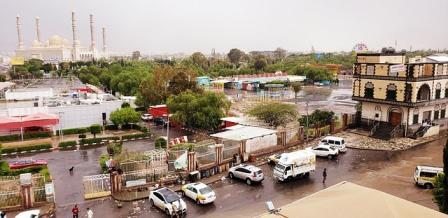
On January 17, 2022, the United Arab Emirates (UAE) was rocked by two attacks after drone attacks ta.....
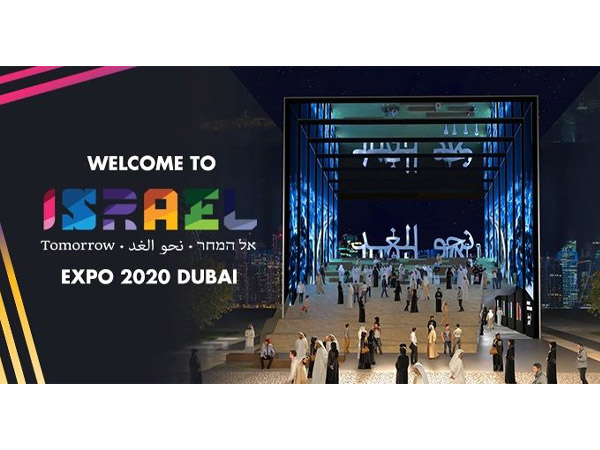
Within a span of just over a year since the announcement of the Abraham Accords, between Israel and .....
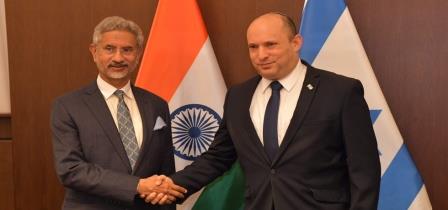
External Affairs Minister S. Jaishankar’s visit to Israel signifies the burgeoning Indo-Israel.....
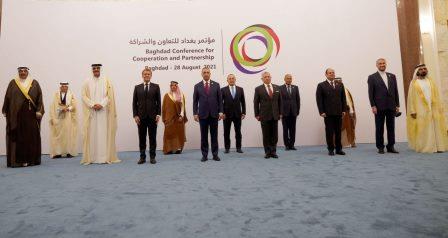
On 28 August 2021, Iraq hosted the first “Baghdad Conference for Cooperation and Partnership&r.....
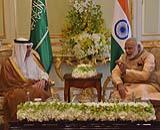
Recent developments in Afghanistan–the US military withdrawal and return of Taliban– has.....
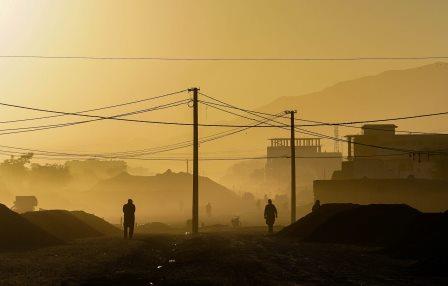
The Taliban takeover of Afghanistan has wider ramifications for the world. Among the key questions t.....
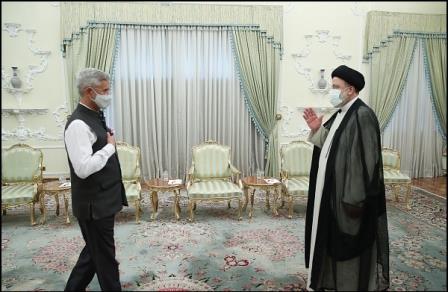
External Affairs Minister S. Jaishankar attended the swearing-in ceremony of the new Iranian preside.....
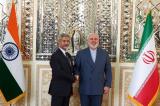
The revitalisation of ties with Iran will remain confined to the immediate issue of shared interests.....
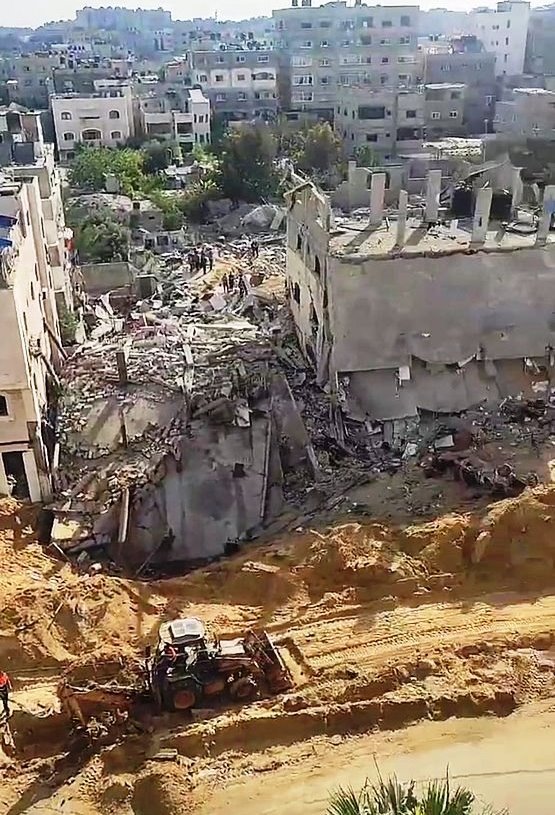
Israel and Hamas have engaged in fighting each other since 2006 when Hamas emerged victorious in the.....
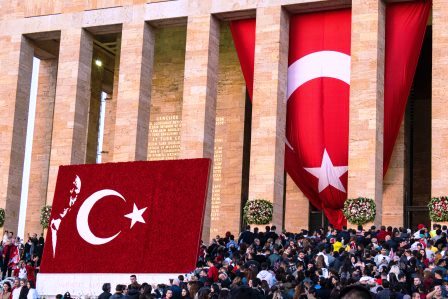
Tensions have gripped the Eastern Mediterranean (East Med) for the past few months owning to differe.....
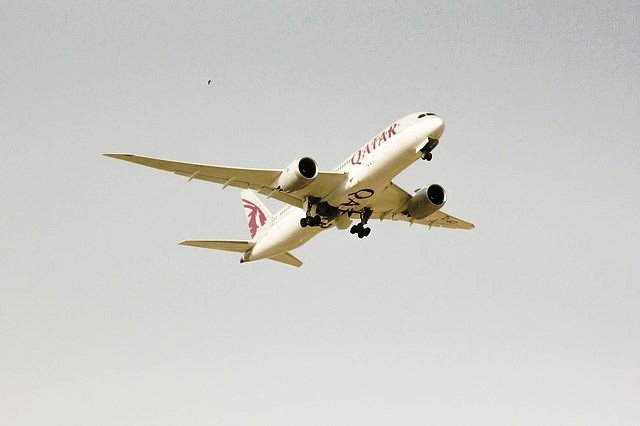
Qatar is an important country in the Gulf with which India has traditionally had strong bilateral ti.....
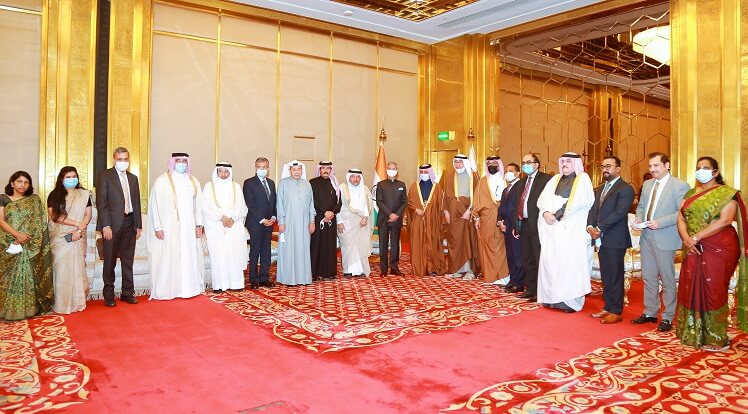
International geopolitical developments and the growing chances of friction between the global power.....
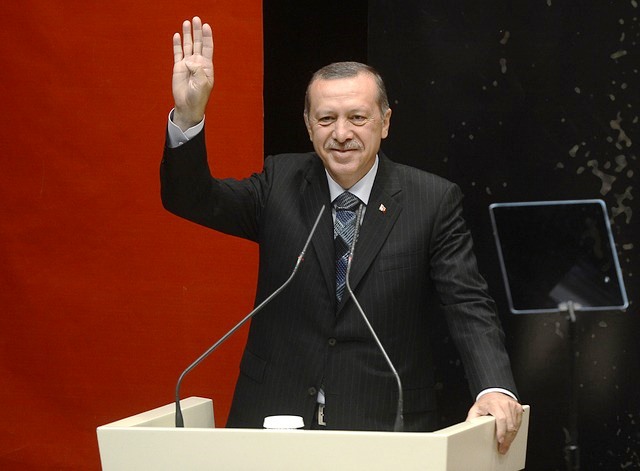
In recent years, Turkey’s foreign policy has attracted scrutiny because of its aggressive post.....
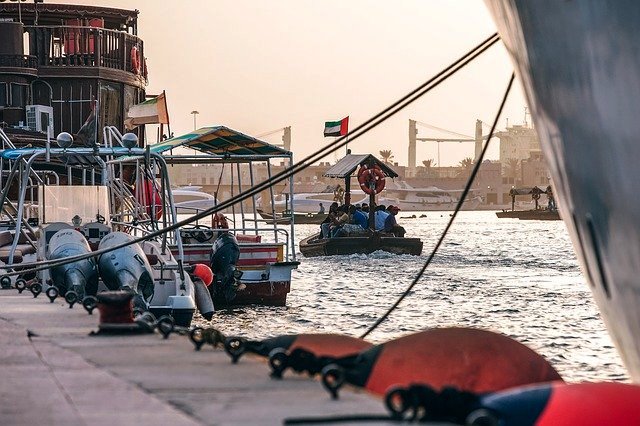
India and the United Arab Emirates share a vision for peace and prosperity. Under the leadership of .....
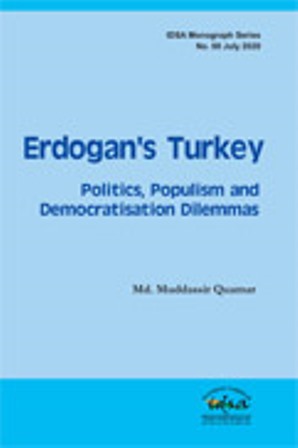
The coming to power of the AKP is one of the defining moments in the history of modern Turkey. Here .....

Though the news of China and Iran entering into US$400 billion agreement and Iran going ahead with C.....
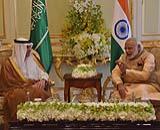
India’s relationship with the Gulf has witnessed a qualitative transformation since the August.....
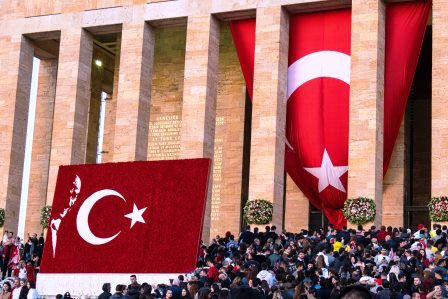
The results of country-wide municipal elections in Turkey held on 31 March 2019 threw a few surprise.....
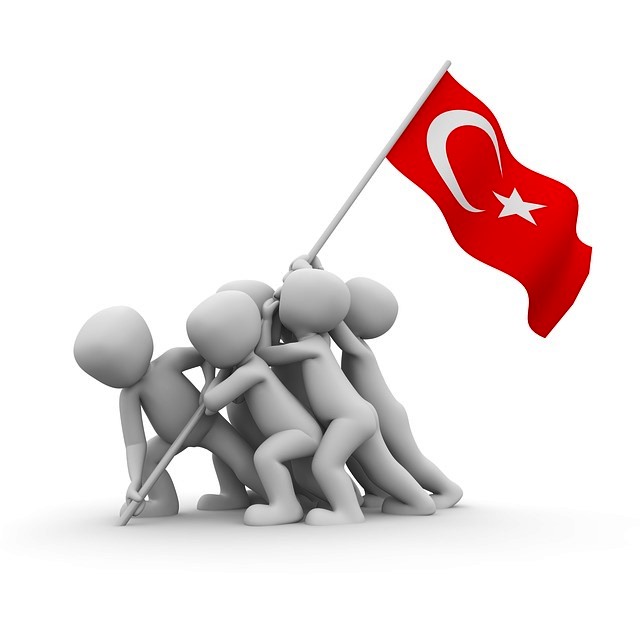
Like other parts of the world, West Asia (or the Middle East) too is hit hard by the spread of COVID.....
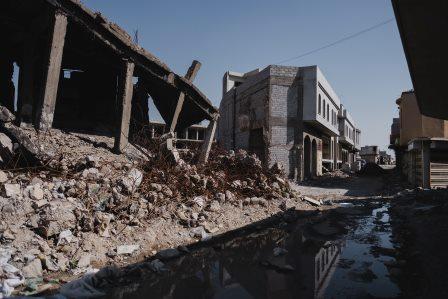
Iraq is suffering from internal divisions and external interventions for long. The problems of the p.....
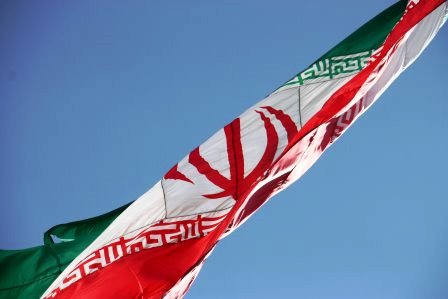
In the Persian Gulf, the New Year began with a bang. On January 3, the world woke up to the news of .....
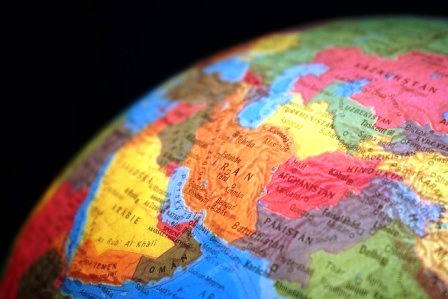
Major General Qassem Soleimani, commander of the elite Quds Force of the Iranian Revolutionary Guard.....
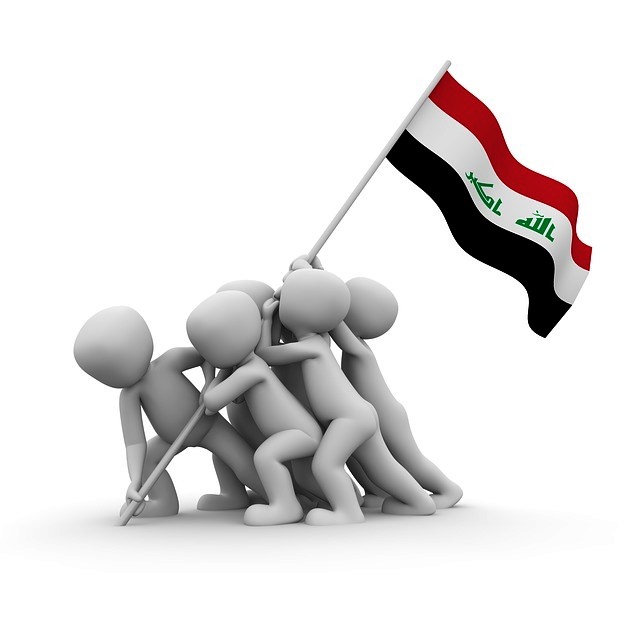
For over two months, youth in Iraq are protesting against corruption, unemployment and Iranian and A.....
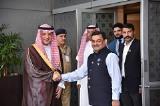
The historic relations between India and the Gulf countries have undergone a qualitative transformat.....
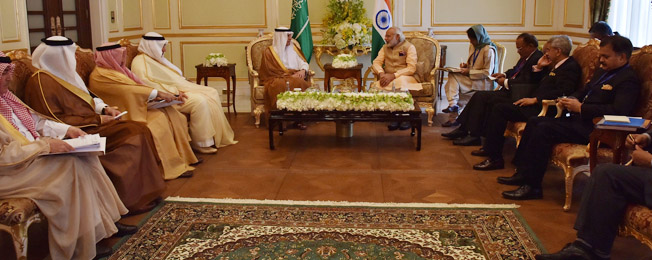
India and Saudi Arabia enjoy traditional friendly ties. Both are strategic partners and are working .....
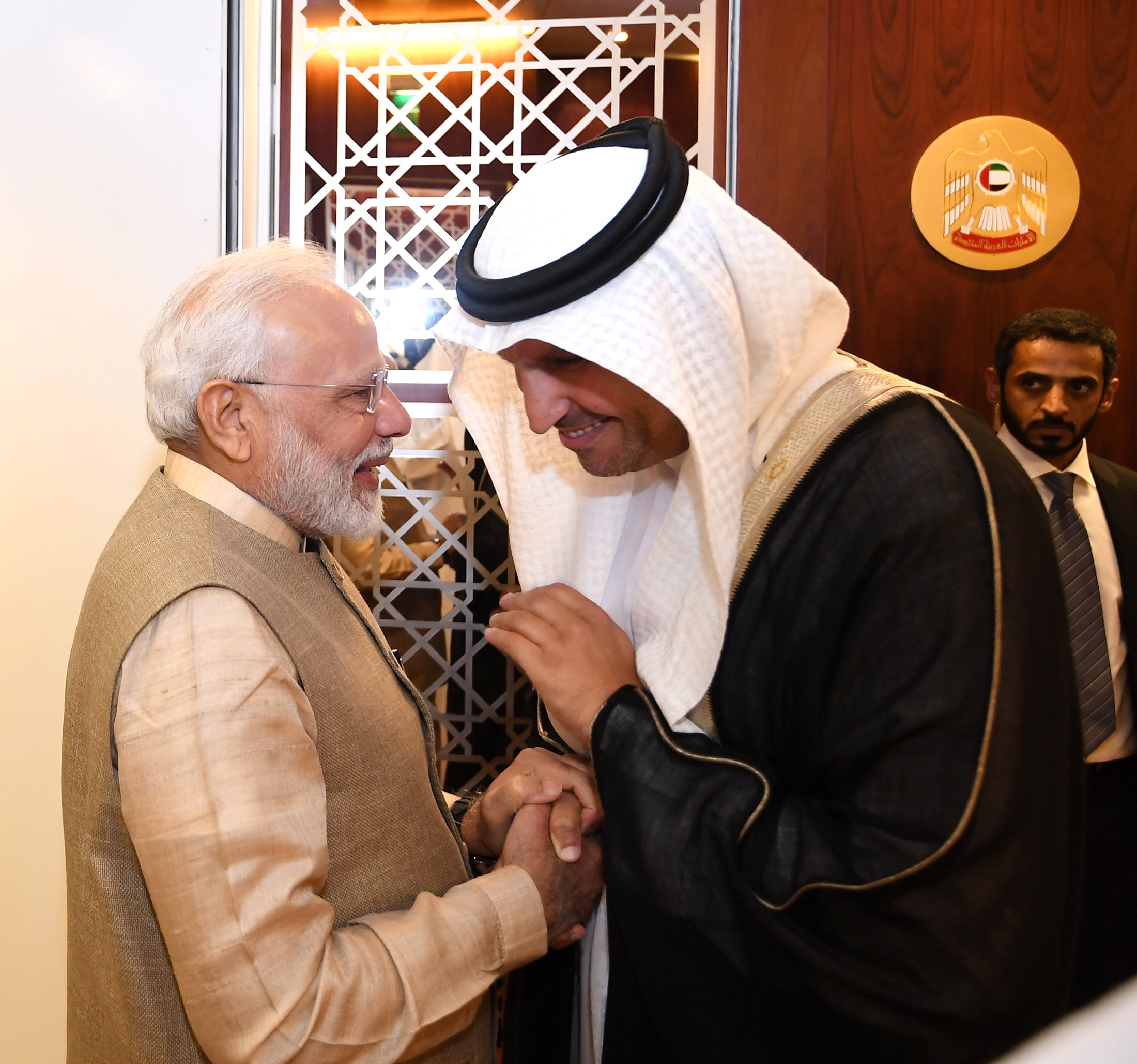
Prime Minister Narendra Modi undertook a visit to the UAE and Bahrain over the weekend. This was his.....
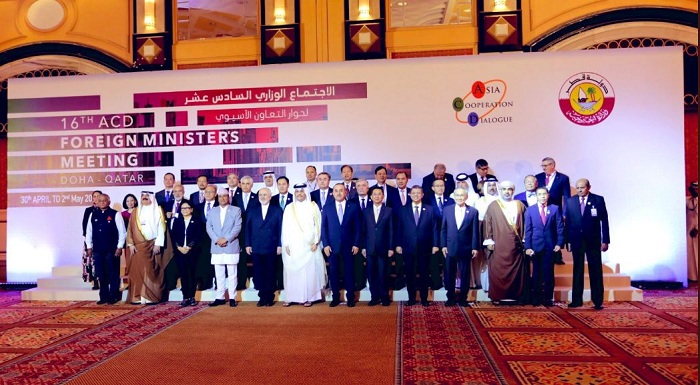
The 16th Ministerial meeting of the Asia Cooperation Dialogue (ACD) took place in Doha this week. Th.....
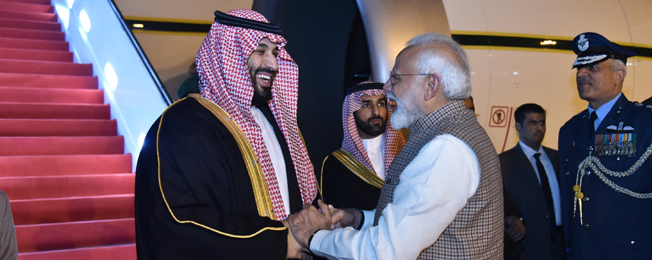
India’s relationship with the Gulf has witnessed a qualitative transformation since the A.....
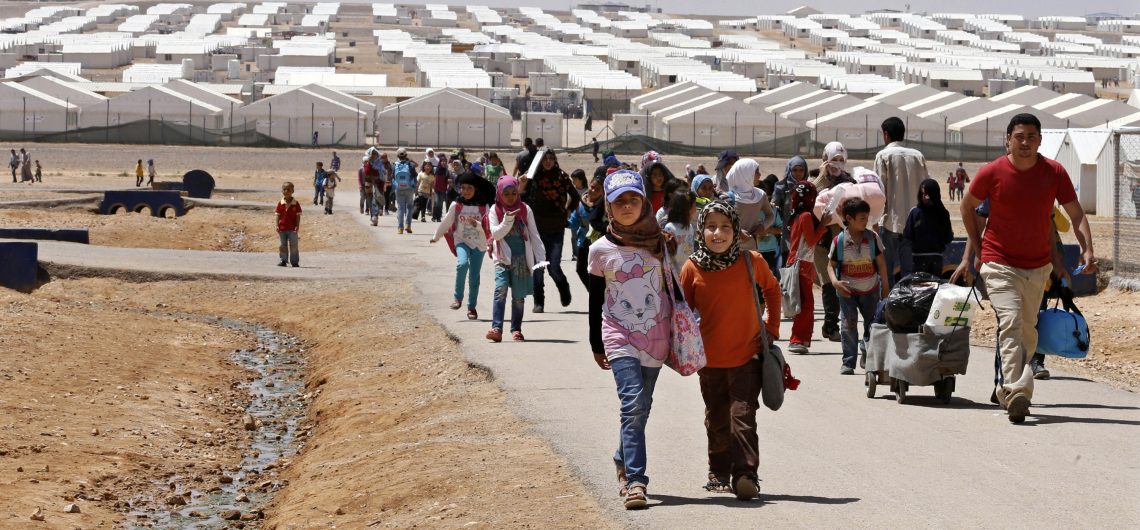
On March 24, 2019, the US-backed Syrian Democratic Forces (SDF) announced the capture of Baghouz, a .....
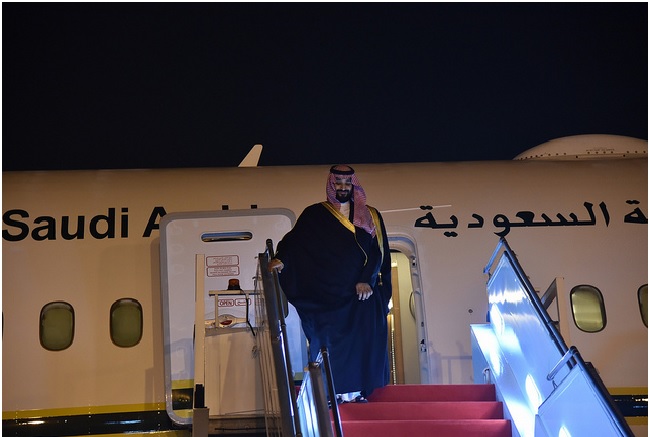
The visit of Saudi Minister of State for Foreign Affairs Adel al-Jubeir to New Delhi; close on the h.....
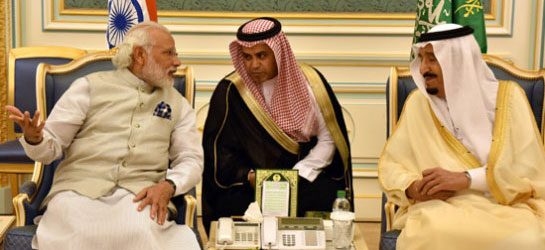
India and Saudi Arabia have increased defence and security cooperation in the fields of combating te.....
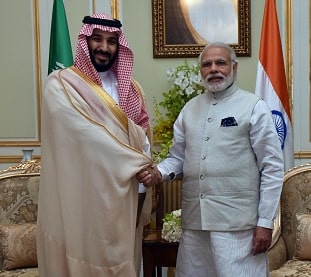
Economic and social reforms have emerged as the focus area in Saudi Arabia under the leadership of K.....
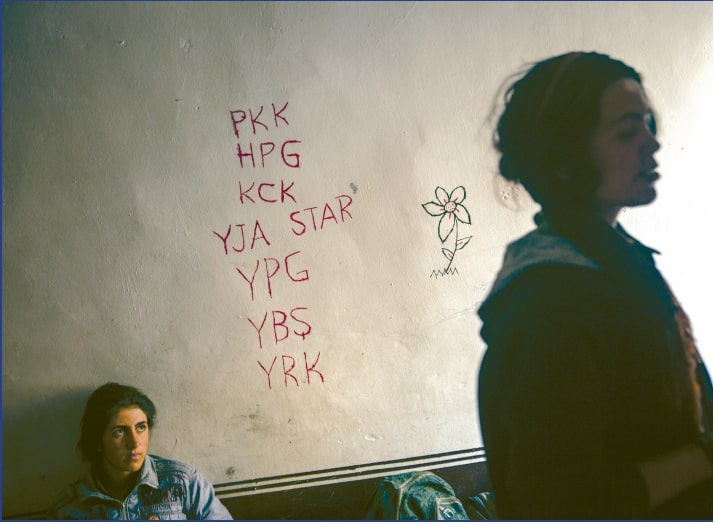
The US and Turkey are back on collision course over the Kurdish question in northern Syria. The late.....
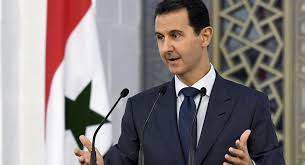
The Civil War in Syria has ravaged the country, took the life of nearly 500,000 people and has force.....
